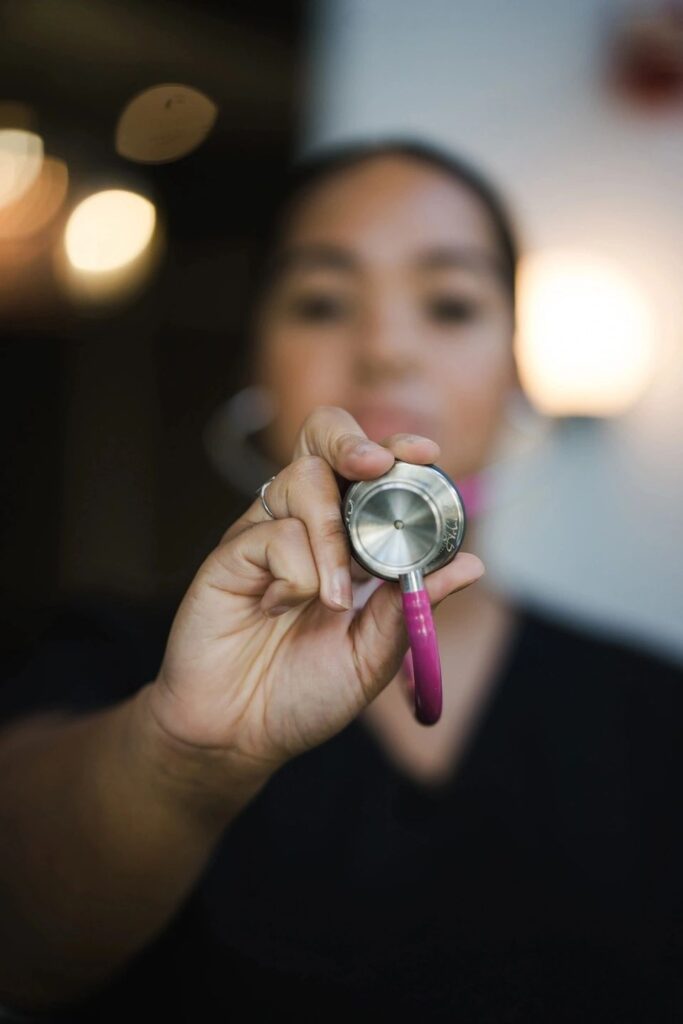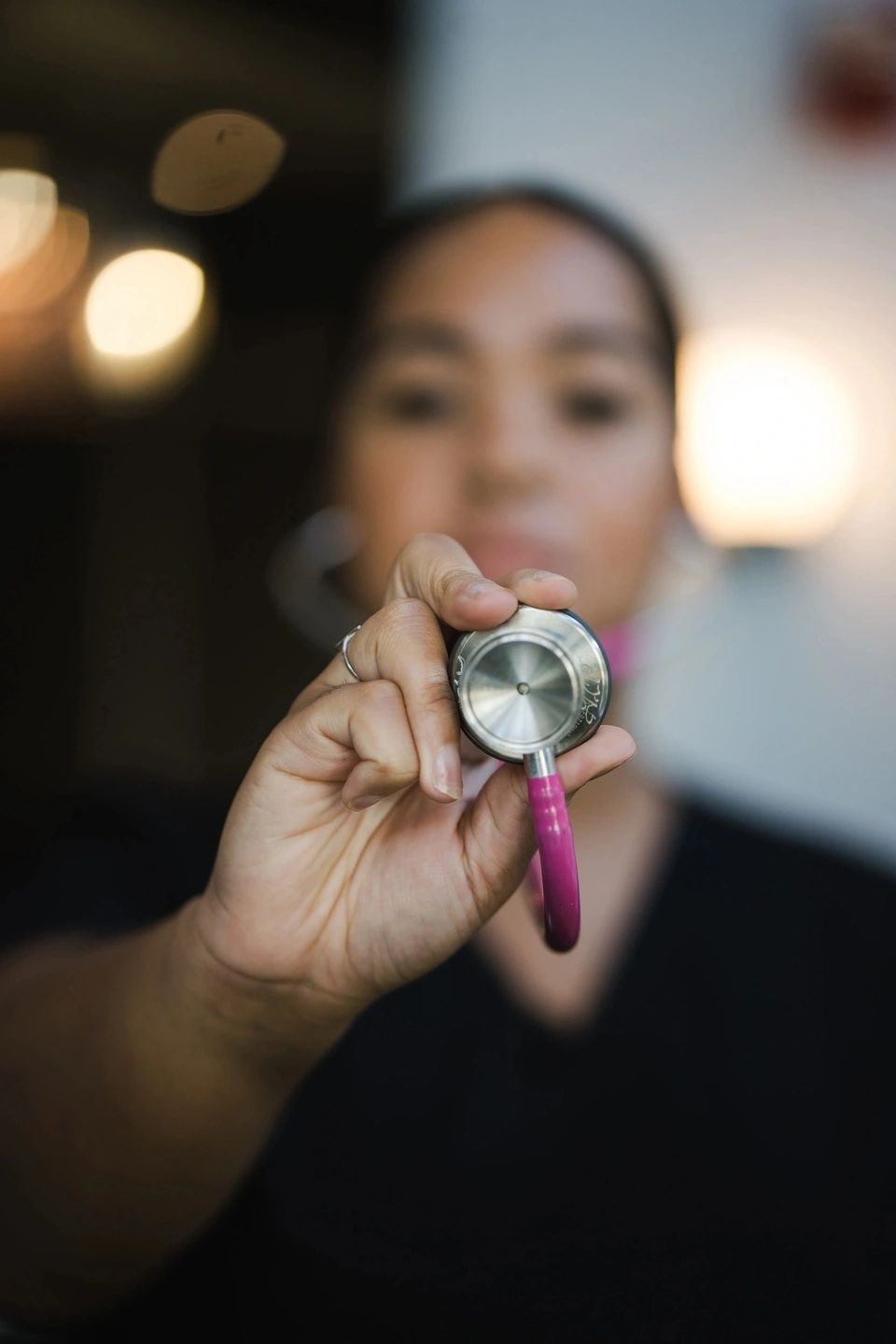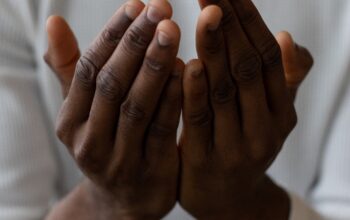
Lupus affects African American people differently, especially Black women, but both the disease and the barriers they face make this a chronic illness that is challenging to treat. But what is Lupus, what are these barriers, and how are we already working to overcome them? Keep reading to learn more.
What is Lupus?
Defined simply, lupus is an autoimmune disease. Its full medical term is systemic lupus erythematosus, and it is a condition where the body’s immune system attacks healthy tissue. It affects many areas of the body, including the joints and skin but also major organs like kidneys, heart, and lungs. Although rare, lupus can attack the brain, a disorder called neuropsychiatric lupus.
Systemic Lupus Symptoms
The Lupus Research Alliance describes the most common symptoms of Lupus as “extreme fatigue, skin rashes, joint pain, and unexplained fevers.” These symptoms arise as the body’s immune system attacks itself. Symptoms can change over time, especially as the autoimmune disease progresses and additional parts of the body are affected.
Possible Lupus Complications
There are many complications that may arise with systemic lupus erythematosus. Those that develop lupus early in life may have an increased risk of these complications as they age. As healthy tissue breaks down from constant attacks from the immune system, someone with lupus may experience:
Antiphospholipid Antibodies (APS)
Inflammation of Blood Vessels
Diabetes
Cardiovascular Disease
Kidney Failure
Lung Problems
Neurological Dysfunction
Preterm Birth and Other Pregnancy Risks
Spinal Cord Inflammation
Lupus Risk Factors
Lupus occurs in women nearly ten to one compared to men. Researchers are still unsure of all the reasons women are so much more likely to develop lupus, although high levels of estrogen during childbearing years play a role. Most of those diagnosed with lupus are between 20 and 30 years of age, but those as young as 15 may develop lupus as well. Late onset lupus affects those over age 55.
Race and family history are major risk factors, putting Black people with close relatives who have at least one autoimmune disease at a much higher risk of developing lupus. In fact, lupus is up to three times more likely to affect African American women than Caucasians.
How Lupus Affects Ethnic Groups
The Lupus Foundation of America provides unsettling statistics about how lupus affects people of color in the United States. Many of these statistics include those with varied ethnic background, including Hispanic, Native American, Asian American, and Pacific Islander people. However, the vast majority of those affected by lupus, the most common form of autoimmune disease, are African American.
African Americans and other ethnic groups make up over 40% of all diagnosed cases of systemic lupus
Lupus is one of the top 10 causes of death for both Hispanic and African American women between 15 and 44
African Americans with lupus die, on average, up to 20 years earlier than Caucasians
Rates of lupus nephritis and cardiovascular disease are higher for all ethnic groups with lupus compared to non-Hispanic white people
Lupus mortality rates are closely associated with poverty, which disproportionately affects Black people and other ethnic groups
Black people are twice as likely to lose employment after receiving a Lupus diagnosis compared to white people
Those on Medicaid typically travel much farther to access lupus specialists and other disease management healthcare
Barriers for Black Americans with Lupus
Unfortunately, there have been many barriers to keeping those with systemic lupus erythematosus from receiving the type of care needed to manage their chronic illness. Let’s go over some of those barriers, and then how we’ve overcome them.
Biological Factors
Research suggests that genes and family history could account for the disproportionate impact systemic lupus erythematosus and other autoimmune disease types have on Blacks. Research suggests that genes and family history are several factors, but there are likely many more that play a role. Black women may be more susceptible because of high estrogen levels, especially during reproductive years, but this may not explain why women as young as 15 or over 55 also develop lupus. It is clear, however, that lupus affects Black women more than white women and Black men more than white men.
Psychosocial Stressors/Triggers
Stress is one of the many social factors that has become a barrier to African Americans. Not only can it trigger an autoimmune disease, but it can worsen it. The strain of low income, lack of health insurance or job security, or living in a dangerous neighborhood, can make someone with lupus focus more on what they feel are more important things than caring for their chronic illness, causing a rapid decline in health. In these ways, psychosocial stress can not only cause an autoimmune disease, but prevent proper care.
Low Rates of Health Insurance Coverage
Low income can cause a lack of health care coverage. Medicaid often requires people to travel long distances to reach specialist providers. Many people earn just enough to disqualify them from Medicaid and cannot afford healthcare through the Marketplace or their employer, if they are employed. Many low-income neighborhoods do not have enough jobs available for residents and poor transportation options may make it difficult or impossible to travel outside of these areas for work. Without insurance coverage, managing a chronic illness is challenging.
Less Access to Health Care Providers
Not only is it difficult to access specialist providers within low-income neighborhoods, there may not be many providers in these neighborhoods at all. If there are, they may not be culturally aware, not providing care that is appropriate for their patients’ beliefs and socioeconomic needs. While lupus occurs in patients of all races, not all races have equal access to providers, putting them at increased risk for complications.
Structural Racism
At 28, the doctor finally diagnosed Arista Ware with systemic lupus erythematosus, even though her family had been suspecting it for years and had mentioned it to her physician more than once. Her physician overlooked her symptoms, brushing them off as something else, something unimportant. Her physician disregarded her family’s suspicions and her health concerns, although this autoimmune disease affects ten women for every one male and three African Americans for every one Caucasian. It is a classic case of structural racism that has embedded in our healthcare system, affecting the Black population more than any other ethnic group. Many Black people report their symptoms being ignored, feeling rushed through a medical appointment, or not receiving proper care even when properly diagnosed.
Underrepresentation in Clinical Trials
Historically, Black Americans are not accurately represented in clinical trials. While ethnic groups make up over 40% of all cases of systemic lupus erythematosus, African American people in SLE studies account for just 5% of participants. Many studies don’t report race or gender demographics, which can be a problem, considering that lupus affects African Americans differently. Researchers cannot understand these differences or learn how to better treat them without better representation within clinical trials.
Overcoming These Barriers
These barriers have kept many patients from receiving an accurate or timely diagnosis in the past. Those that do might struggle to receive the care they need. However, we’ve confronted these barriers and made progress in pushing them back to the benefit of many African Americans suffering with lupus and related complications like lupus nephritis and cardiovascular disease.
Providing Individual Self Management Strategies
The study published in Clinical Rheumatology emphasized self-management as an effective tool for African Americans with lupus. They proved peer mentoring especially beneficial for many women through the Women Empowered to Live with Lupus (WELL) study. While educational and language barriers continue to be a barrier to self-management, these are being addressed at other levels, such as providing benefits based on socioeconomic status or in persistently low-income areas.
Reducing Socioeconomic Disadvantages
The same study outlined how socioeconomic status affects those with lupus by restricting access to healthcare, creating educational barriers, and much more. However, there is more being done at community, state, and federal levels to address these disparities, such as bringing more culturally centered healthcare services to predominately African American neighborhoods, educating local healthcare providers, providing health education and resource classes in schools and community centers, encouraging economic growth, and more.
Increasing Access to Healthcare
After developing lupus, many African Americans may feel like they don’t have access to the providers, transportation, financial resources, and other supports they need to care for themselves and their families properly. With education about healthcare resources in local communities, many Black people will know what options are available to them. Since COVID-19, telehealth and other virtual services have made access to healthcare within low-income neighborhoods that don’t have large hospitals or required medical specialists much easier.
Addressing Structural Racism
Racism within society is coming to the forefront with awareness of the struggles that Black people face every day. One of the first steps in fighting the racism so prevalent within the healthcare system has been educating providers in the unique needs of their African American patients. This will be a slow process, but there has been progress through community and other local outreach events, as well as state and federal initiatives.
Increasing Enrollment in Clinical Trials
The U.S. Department of Health and Human Services Office of Minority Health (OMH) has funded a two-year grant called TIMELY (Training to Increase Minority Enrollment in Lupus Clinical Trials with Community Engagement). This grant helps educate dermatologists, nephrologists, and rheumatologists working with African Americans suffering from lupus about the benefits of clinical trials for both their patients and researchers. It is limited to several large cities where medical research is most prominent, but those spearheading the initiative hope to increase the participation in existing studies so that Black people are more accurately represented in clinical trials.
Acknowledging Lupus in Black People
While there are still barriers to treating systemic lupus erythematosus for Blacks and multiracial people, there have been great strides in overcoming them. The long history of structural racism within our healthcare system is being addressed by acknowledging both the disease and these barriers. Black Health Matters is acknowledging them and helping to raise awareness so that those suffering from lupus can experience racial equality in healthcare.
The post Lupus in the Black Community: Overcoming Barriers to Care and Support appeared first on Black Health Matters.



